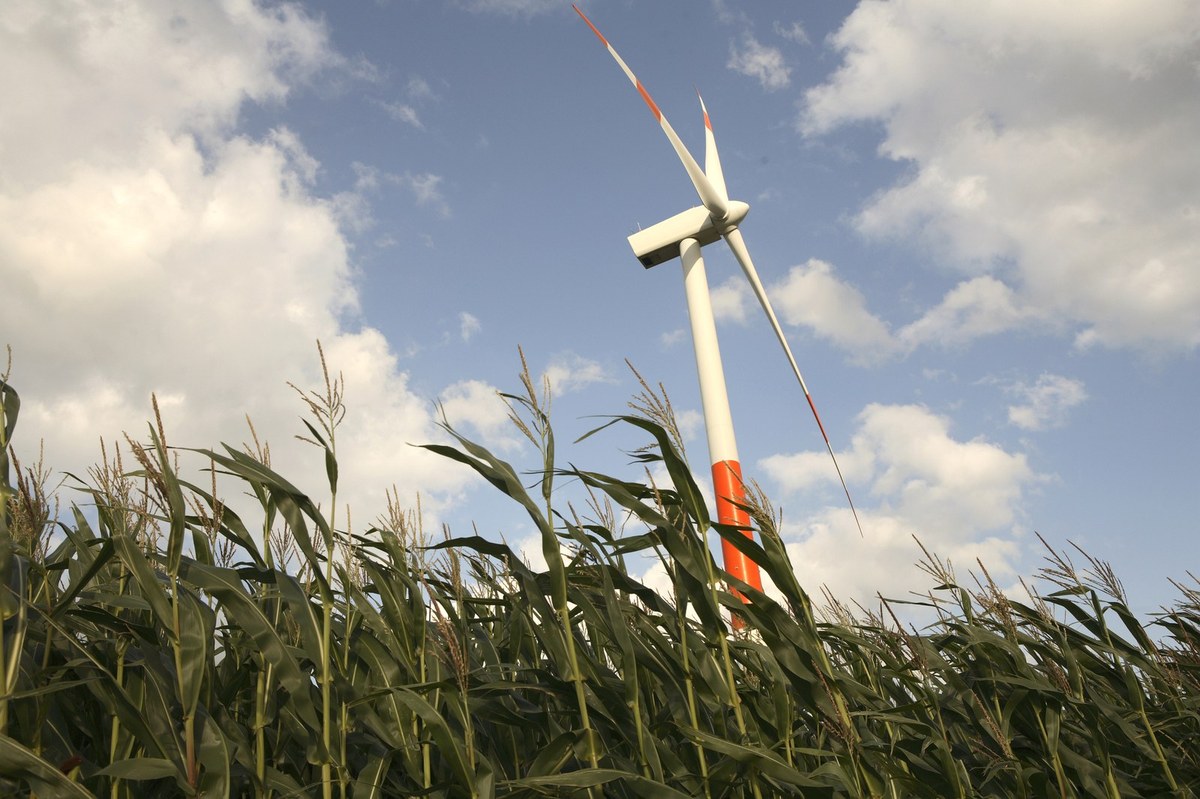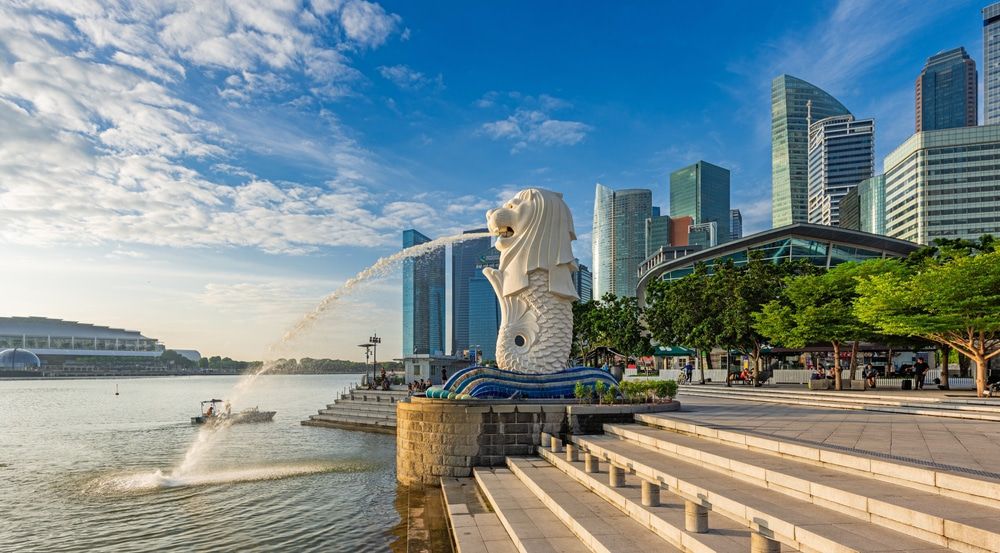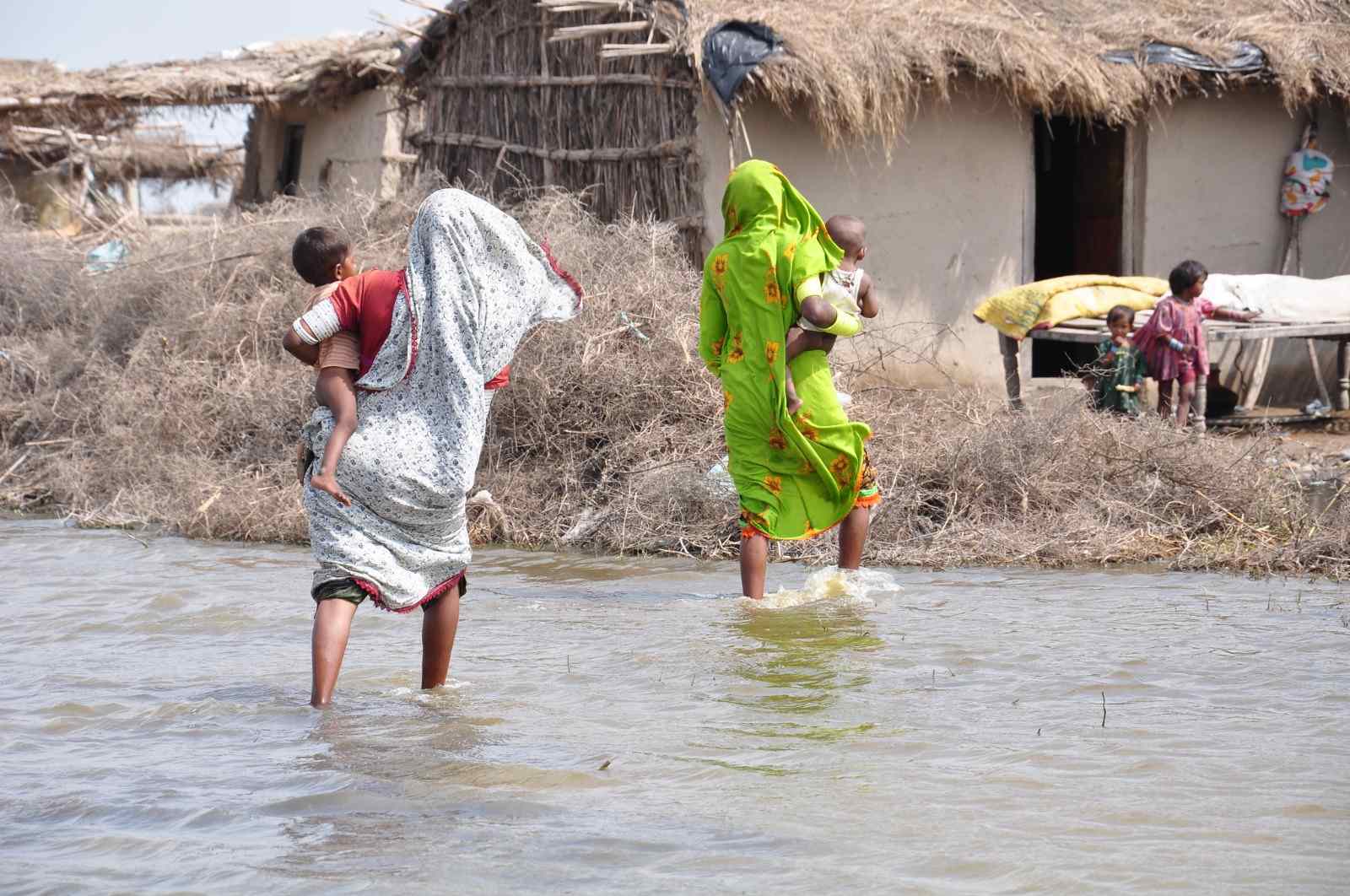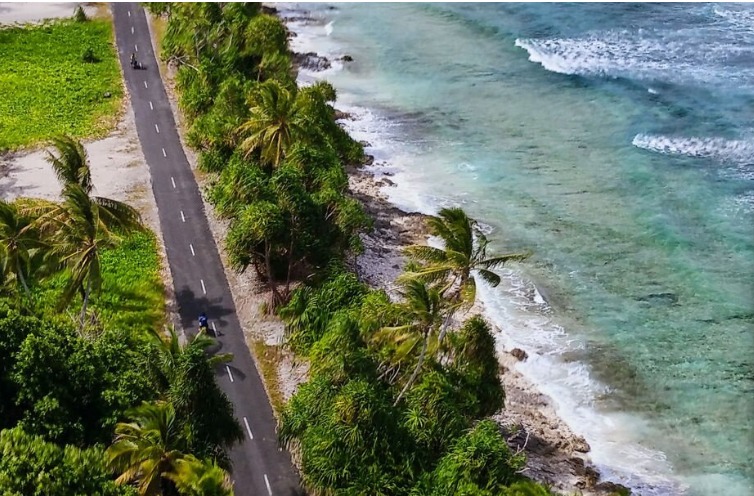Enviro News Asia, Brasília — Global leaders and climate institutions have called on all countries to submit new and more ambitious Nationally Determined Contributions (NDCs) ahead of COP30 in Belém, Brazil, to accelerate the global energy transition, restore ecosystems, and reverse deforestation by 2030. The call follows the findings of the first Global Stocktake (GST) under the Paris Agreement, which assessed progress toward global climate goals and concluded that the world remains off track to meet the 1.5°C temperature limit. The GST outlined key collective actions for 2030, including tripling renewable energy capacity, doubling the global rate of energy efficiency improvement, restoring degraded ecosystems, and reducing methane emissions.
COP30 President André Corrêa do Lago emphasized that the upcoming COP30 Action Agenda must mobilize governments, private sectors, and civil society to fully implement the GST’s conclusions and promote a fair, orderly, and equitable energy transition. “The COP30 Action Agenda must inspire global collaboration to halt and reverse deforestation and forest degradation by 2030 while accelerating the energy transition worldwide,” he stated in his fourth letter to the international community. He added that multilateral negotiations should provide direction while NDCs and the Action Agenda serve as practical instruments to achieve collective climate ambitions.
The NDCs, as mandated under the 2015 Paris Agreement, define each country’s pathway to limit global warming to 1.5°C and must be submitted to the United Nations Framework Convention on Climate Change (UNFCCC) every five years. In 2025, all 195 signatories are required to present updated commitments. As of October 2025, 101 countries have pledged to submit new NDCs by COP30, and 62 have formally submitted theirs. These commitments can be tracked on the UNFCCC website. Brazilian President Luiz Inácio Lula da Silva, during his address at the 80th United Nations General Assembly in New York, reiterated that NDCs serve as “the roadmap for each country to guide this transformation” and urged all nations to submit their updated commitments before COP30.
COP30 CEO Ana Toni highlighted Brazil’s proactive leadership in strengthening global NDC coordination. “For the first time, a COP presidency hosted two summits on NDCs—one earlier this year and another during Climate Week in New York—marking a unified effort to strengthen and harmonize commitments,” she said during a Pre-COP press conference. Brazil also co-chairs the NDC Partnership, a global network that assists countries in designing and implementing their climate pledges. Through this platform, Brazil has worked with over 70 nations to enhance their NDCs with clear sectoral targets in energy, agriculture, and land use, alongside robust financial planning.
Energy transition remains central to the NDC agenda. According to the World Resources Institute (WRI) Brazil, three-quarters of global greenhouse gas emissions originate from the energy sector, making a clean energy shift the main driver of global decarbonization. “The transition to renewable energy is the world’s main response to curb global warming,” said Karen Silverwood-Cope, Director of Climate, Finance, and Economy at WRI Brazil. She noted that renewable energy solutions—especially solar, wind, biofuels, and bioenergy—are expanding rapidly across nations. The International Energy Agency (IEA)’s World Energy Outlook 2024 also reported major progress since COP28 in Dubai, when countries agreed to triple renewable energy capacity by 2030. At that time, only 14 nations had explicit renewable energy targets in their NDCs, compared to 70 countries today, representing 80% of global capacity already on track to meet or exceed their 2030 goals.
Brazil is frequently cited as a global model for renewable energy development, with over 90% of its electricity generated from hydropower and other plant-based renewable sources. “We began with hydropower because we lacked coal—not because we were thinking about climate change in the 1960s or 1970s. Later, we expanded to solar and wind,” said Corrêa do Lago during a renewable energy panel at Climate Week in New York. Ambassador Mauricio Lyrio, in an interview with the COP30 website, also emphasized Brazil’s leadership in biofuels. He noted that Brazil remains among the few countries where consumers can fill their vehicles with ethanol—a renewable fuel derived from sugarcane—supported by flex-fuel technology.
Despite these advances, climate finance remains the greatest obstacle to scaling the transition. At the UN General Assembly, the European Union reaffirmed its commitment to remain the largest global financier by mobilizing up to EUR 300 billion for clean energy investments, while China announced its first absolute emission reduction target. Leaders from the Global South, including Chinese President Xi Jinping and Kenyan President William Ruto, urged that the global transition must bridge—not widen—the divide between developed and developing nations.
The COP30 presidency reiterated that no single country can close the gap between climate promises and actions alone. The Action Agenda therefore aims to mobilize all sectors—governments, businesses, cities, and civil society—to accelerate the implementation of existing agreements and ensure that the 2025 NDCs deliver tangible, equitable, and transformative climate outcomes. As the world prepares for COP30, the success of these efforts will depend on collective will, credible financing, and concrete policies that turn pledges into progress. (*)















